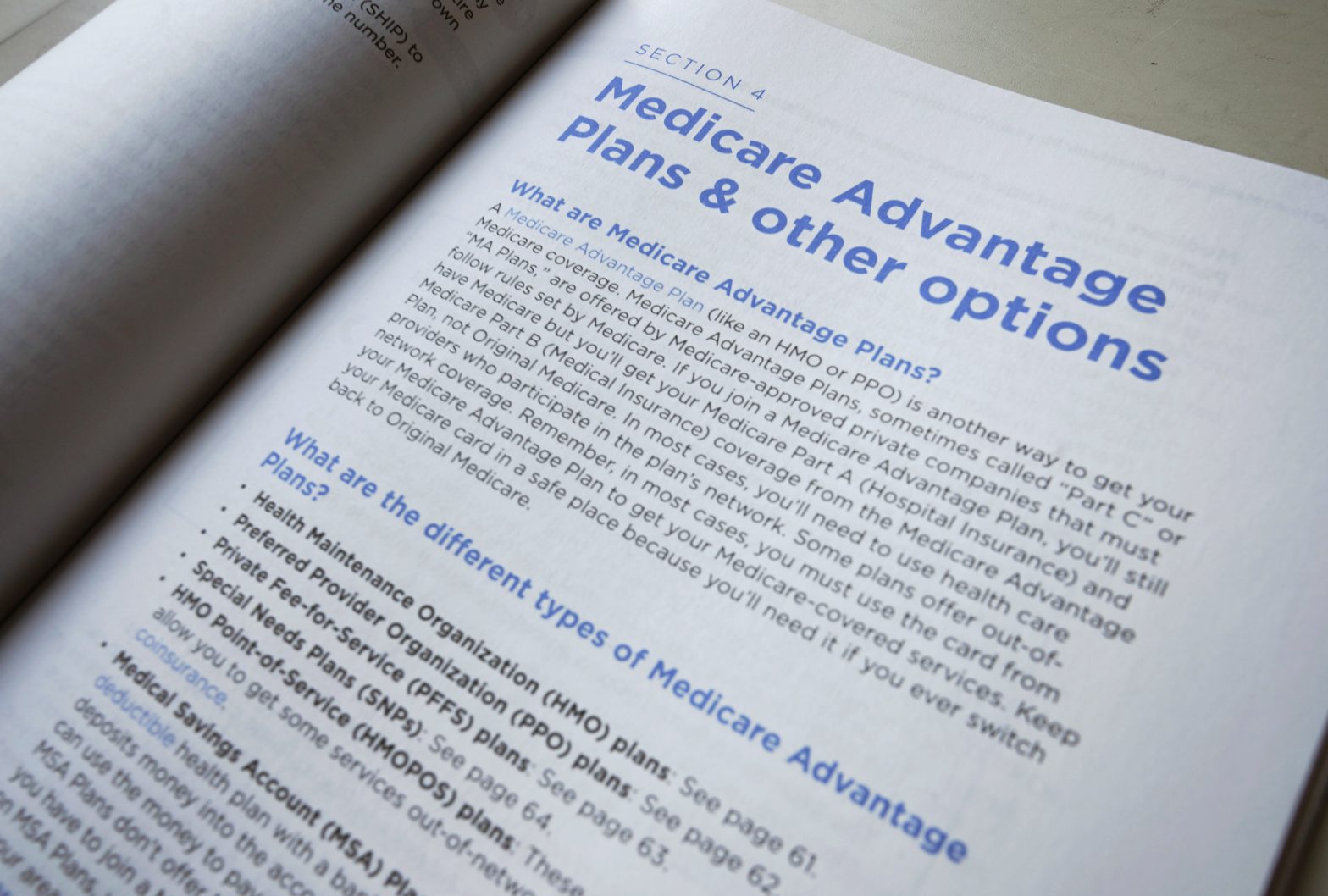Medicare Advantage Delivers on Health Equity for Seniors
COMMENTARY

Throughout the open enrollment period that is now drawing to a close, Medicare-eligible beneficiaries have had the option to enroll in an affordable, high-quality and comprehensive health care program known as Medicare Advantage, sometimes also called Medicare Part C.
Medicare Advantage provides access to high-quality, comprehensive, affordable health care and supplemental services that improve the lives of seniors and individuals with disabilities while helping advance health equity in the communities that need it most.
One of the most pressing lessons we have learned from the pandemic is the critical importance of improving health equity — and the need to continue to ensure that historically underserved or underrepresented communities have the access they need to stay safe and healthy. That is one of the many reasons the Medicare Advantage program has broad bipartisan support among our elected officials and policymakers in Washington.
On the whole, Medicare Advantage serves a more racially diverse and socially at-risk patient population than traditional, Fee-For-Service Medicare. According to a report by Better Medicare Alliance — a robust coalition of more than 180 Medicare Advantage providers and community-based organizations, along with more than 600,000 grassroots beneficiaries — more than one-third of Medicare Advantage enrollees identify as a racial or ethnic minority, compared to just 16% in FFS Medicare. This includes nearly 50% of Medicare-eligible Black beneficiaries and 53% of Medicare-eligible Latino beneficiaries who choose to enroll in Medicare Advantage.
In fact, the report also found that in the past decade alone, Medicare Advantage enrollment has increased 111% among minority beneficiaries. Enrollment has also grown 125% in that same period among dually eligible beneficiaries — those whose income status qualifies them for both Medicare and Medicaid.
A 2021 report by the Centers for Medicare and Medicaid Services found that Medicare Advantage is responsible for “substantial progress” in addressing health disparities for Black and Latino beneficiaries. The study also found that, for both patient groups, Medicare Advantage helped improve access to clinical care as well as preventive care and vaccinations, specifically increasing access to the annual flu vaccine. Medicare Advantage is helping achieve greater equity in our health care system by providing these vulnerable and often-forgotten patient groups with higher quality care that has proven to improve health care outcomes.
Not only does Medicare Advantage cover everything that FFS Medicare does, by law, but more than 99.9% of Medicare Advantage plans include benefits such as wellness, dental, vision and hearing coverage, while also offering access to an array of supplemental services — from telehealth and meal delivery to transportation to medical appointments and in-home support — that help improve health care outcomes and address the social determinants of health. At Las Vegas HEALS, we strive to improve access to and delivery of high-quality health care for seniors in Southern Nevada. Through our network of over 28,000 health care professionals, Las Vegas HEALS promotes the excellent quality of care offered by providers and educates members on the region’s positive health care outcomes.
Additionally, Medicare Advantage is saving seniors money on health care costs, particularly in minority communities. Latino Medicare Advantage beneficiaries are saving an average of $1,421 a year on health care costs. With rising inflation and increasing costs on household goods, these savings go a long way.
In open enrollment season and beyond, seniors will look to leaders on both sides of the aisle to show their commitment to protecting and strengthening the Medicare Advantage benefits on which 30 million Americans rely.
As millions of Medicare-eligible Americans consider their health coverage options over the coming weeks, Medicare Advantage remains one of the most powerful and affordable tools within the American health care system to address and improve health equity for some of our nation’s most at-risk seniors, individuals with disabilities and underserved communities such as Nevada’s robust Latino population.
Diego Trujillo is the CEO of Las Vegas HEALS (Health, Education, Advocacy and Leadership in Southern Nevada), a nonprofit, membership-based association whose mission is to foster strategic alliances in the health care community, collaborating on workforce issues, and being a proactive force for legislative initiatives to improve access and the delivery of quality health care. You can reach Las Vegas HEALS on Twitter, LinkedIn or via its website.
Mary Beth Donahue is the president and CEO of Better Medicare Alliance and former chief of staff at the U.S. Department of Health and Human Services under Secretary Donna E. Shalala during the Clinton administration. You can reach Better Medicare Alliance on Twitter, LinkedIn or via its website.
























